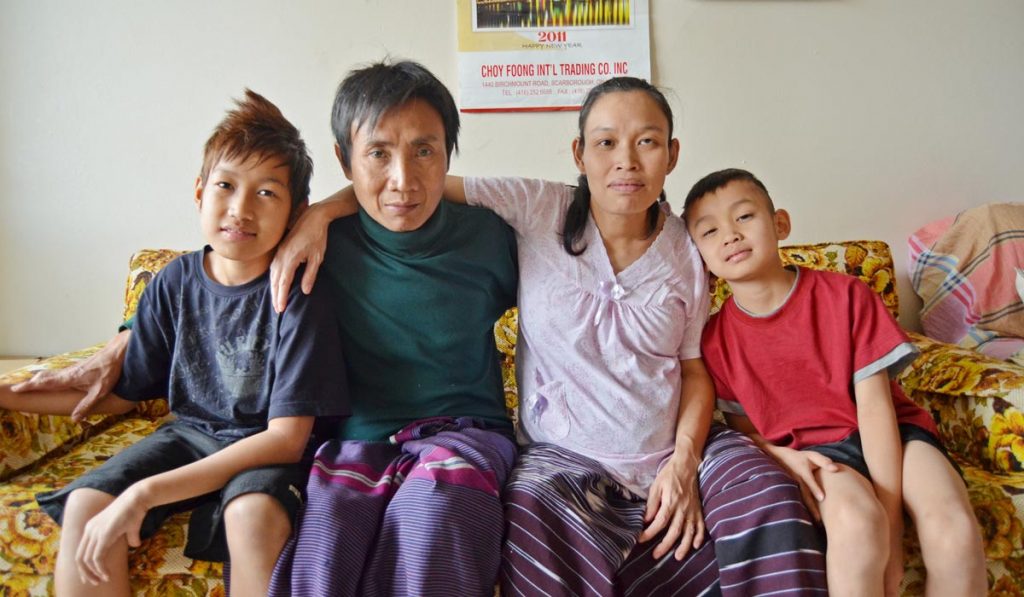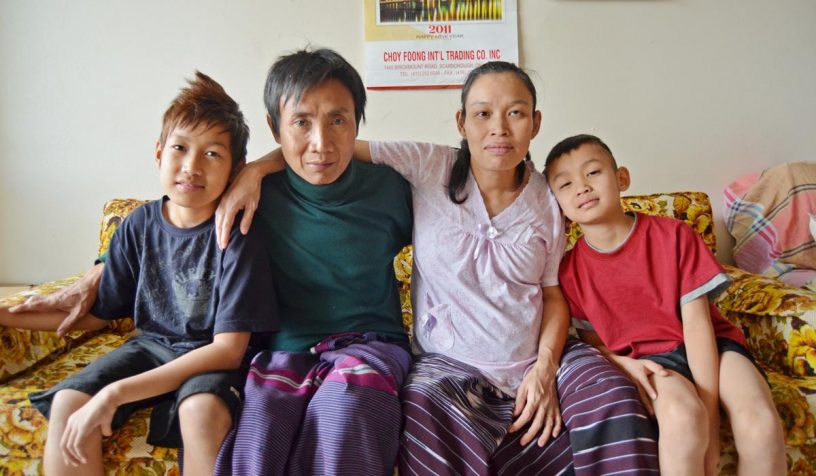
The participants described their faith and trust in God as an important part of their coping with traumatic experiences before and following resettlement in the United States.
Authors
Maliha Ibrahim, Drexel University, Philadelphia, Pennsylvania, USA (Currently, Assistant Professor, Jindal School of Psychology & Counselling, O.P. Jindal Global University, Sonipat, Haryana, India.)
Bertranna A. Muruthi, University of Oregon, Eugene, Oregon, USA.
Savannah S. Young, Point Forward, Inc., San Francisco, California, USA.
Jessica Chou, Drexel University, Philadelphia, Pennsylvania, USA.
Emily Janes, Virginia Tech, Falls Church, Virginia, USA.
Summary
The role of religion for resettled refugees is particularly complex and illuminating. In the context of migration, the opportunity for increased positive outcomes has the potential to play a vital role in coping with the often tumultuous migration and resettlement experiences of refugees.
The researchers share qualitative findings from 14 Karen refugees for whom religious practices are inextricably tied to resilience through family closeness and community-building.
Ethnographic methods were used to deeply understand participants’ resilience, and all described their faith and trust in God as an important part of their coping with traumatic experiences before and following resettlement in the United States.
Findings are focused around descriptions of overcoming adversity, continuity in chaos, and connecting with their community and family.
Published in: Journal of Family Issues
To read the full article, please click here


